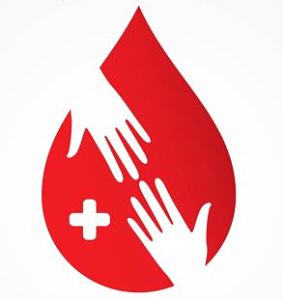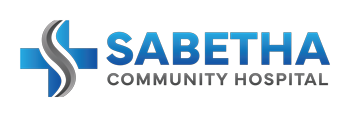
Two hands almost meeting inside a red blood droplet
National Blood Donor Month
January is "National Blood Donor" month. Here are a few facts about blood supply and donating.BLOOD SUPPLY FACTS:
Every 2 seconds someone in the United States needs blood.
Approximately 3,600 units of blood, 7,000 units of platelets and 10,000 units of plasma are needed daily.
Nearly 21 million blood components are transferred per year.
Most often blood type is "O".
A single car accident can require as many as 100 units of blood.
FACTS ABOUT DONATING
Donating blood is a safe procedure.Donating is a simple 4-step process that includes registering, medical history and mini physical, donating and refreshments.
All donors have their temperature, blood pressure, pulse and hemoglobin checked to make sure it is safe to give.
The actual donation time usually takes between 10-20 minutes. Total time for donating is around one hour and 15 minutes.
The average adult has 10 pints of blood. Approximately 1 point is taken during a donation.
A healthy donor may donate red blood cells every 56 days.
All blood is tested for HIV and other diseases before it is released to the hospital.
FACTS ABOUT BLOOD
A single donation can actually help more than one person.Most donated cells must be used within 42 days of collection.
Donated platelets must be used within five days.
FACTS ABOUT DONORS
The #1 reason for giving is "wanting to help others."Two common reasons people DON'T give is "I don't think about it" and "I don't like needles."
Only 7% of the people in the United States have Type O Negative. These people are Universal Donors. Their blood can be used with all types of blood. It is often used in emergencies before the proper blood type is known.
Only 3% of people are AB Positive. This blood type is the universal blood type for plasma. AB Positive is often used in emergencies or when someone requires a massive transfusion.
If you have any questions about donating blood, you can go to the website www.savealife.org or call the Community Blood Center at (816) 753-4040.
